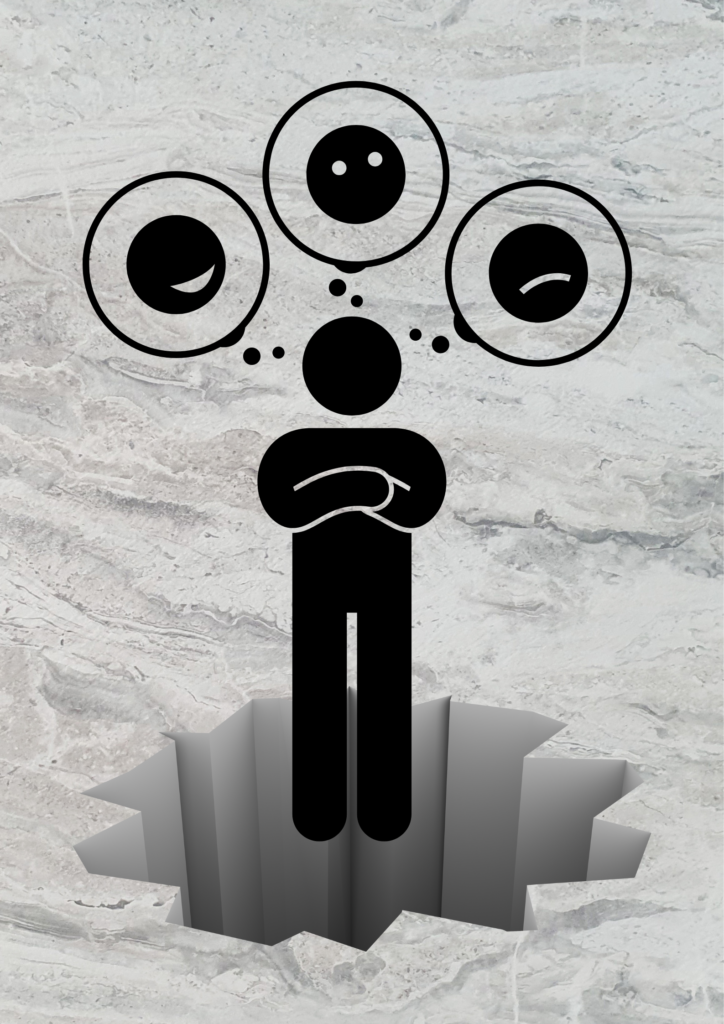The Void of Emptiness: Exploring the Feeling of Blank

A Disconcerting Sense of Emptiness
The human experience is a tapestry woven with threads of emotions, thoughts, and sensations. Yet, there are moments when this vibrant fabric unravels, leaving behind a disconcerting sense of emptiness. This feeling, often described as “blank,” is a profound psychological state that can be both challenging and transformative.
A Cognitive and Emotional Void
When one feels blank, it is as if the mind has become a vast, barren landscape. Thoughts, once a bustling marketplace of ideas, dwindle to a mere trickle. Emotions, once a vibrant spectrum of hues, fade into a monochromatic grey. This emotional and cognitive void can be unsettling, as it disrupts our usual sense of self and connection to the world.
The Causes of Blankness
The causes of this feeling can be multifaceted. Stress, trauma, or prolonged periods of isolation can deplete our emotional reserves, leaving us feeling depleted and disconnected. Major life events, such as loss or significant changes, can also trigger a sense of emptiness as we grapple with new realities. Additionally, some individuals may be more prone to experiencing blankness due to underlying psychological conditions or personality traits.
The Benefits of Exploring Emptiness
While the feeling of blank can be distressing, it is important to recognize that it is a normal and sometimes necessary part of the human experience. It can be a signal that we need to take a step back, rest, and recharge. It may also be an opportunity for introspection and personal growth. By exploring the depths of our emptiness, we can gain a deeper understanding of ourselves and our needs.
Coping Strategies for Blankness
There are several strategies that can help individuals cope with the feeling of blank. Mindfulness practices, such as meditation and deep breathing, can help to ground us in the present moment and reduce feelings of anxiety or overwhelm. Engaging in activities that bring us joy and fulfillment can also help to alleviate feelings of emptiness. Connecting with loved ones and seeking support from others can provide comfort and perspective.
In conclusion, the feeling of blank is a complex and multifaceted experience that can be both challenging and transformative. By understanding the causes and consequences of this feeling, and by employing effective coping strategies, individuals can navigate the void of emptiness and emerge stronger on the other side.










